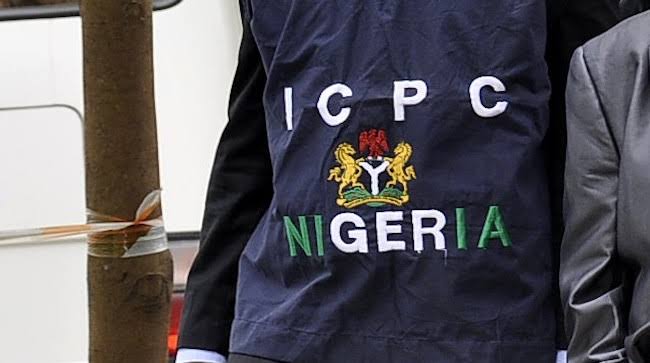Public office is often described as a position of trust, where leaders are expected to manage resources responsibly and act in the best interest of the people.

Yet, history is filled with stories of those who have fallen short, leaving behind trails of mismanagement and corruption.
Such instances remind us of the importance of oversight and the role institutions play in holding public officials accountable.
ICPC Charges Ex- Commissioner For Money Laundering
The Independent Corrupt Practices and Other Related Offences Commission (ICPC) has charged Muhammad Saidu, a former Chief of Staff and Commissioner of Finance in Kaduna State, with money laundering.
The charges, filed at the Federal High Court in Kaduna, allege that Saidu accepted ₦155 million in cash from Ibrahim Muktar, a public officer in the Ministry of Finance, in March 2022.
According to the ICPC, the payment violated the legal limit for cash transactions and was received through Saidu’s Special Assistant, Muazu Abdu.
People Also Read: Why NAFDAC Sealed Chinese Supermarket In Abuja
The commission also accused Saidu of taking control of the funds, which were allegedly proceeds of corruption.
Dr. Osuobeni Ekoi Akponimisingha, the Assistant Chief Legal Officer who filed the charge, noted: “This is a violation of Section 18(2)(d) of the Money Laundering (Prevention and Prohibition) Act, 2022.
“Public officials must be held accountable for their actions, especially when such funds are linked to corruption”.
ICPC Further Investigation
The ICPC has also expanded its investigation to include allegations of laundering ₦3.96 billion and misappropriating ₦244 million during Saidu’s tenure.
This comes amidst broader claims that El-Rufai’s administration siphoned over ₦423 billion, as cited by the Kaduna State House of Assembly.
As the investigation continues, it reminds us that no one is above the law, and leaders must handle public funds responsibly to maintain the trust of the people they serve.

